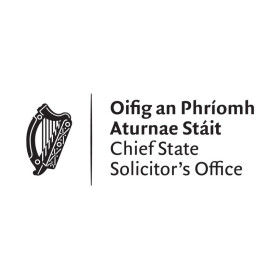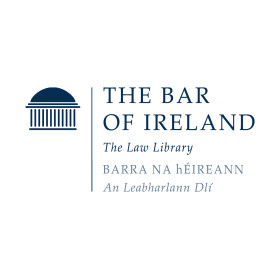The English courts have held that the “lis pendens” provisions of Brussels I Recast apply to proceedings commenced in that jurisdiction after the expiry of the Brexit transition period where relevant proceedings were already commenced in an EU Member State before that expiry date. In thi
Analysis
I have just read [Connor Beaton's] review of Prima Facie in Irish Legal News and I felt compelled to contact you with my thoughts. Apart from your introduction, I would disagree with your review and would like to offer an alternative interpretation which might add to your thoughts on the play.
There’s no denying that Jodie Comer's West End début, brought to cinemas yesterday by National Theatre Live, is electrifying. From the moment she walks on stage as Tessa, a confident criminal defence lawyer on the verge of greatness at the London bar, Comer demands nothing less than rap
Ray Lambe, partner at OSM Partners LLP, dismisses the notion that lawyers are opposed to court reform. In a recent editorial, The Irish Times called for reform of the Irish court system and curiously linked the slow pace of reform to “entrenched opposition” within the legal profession.
Matheson partners Karen Reynolds and Michael Byrne discuss a recent successful application in the UK courts for service of court proceedings by transfer of an NFT, and consider whether similar applications for substituted service could be on the horizon in Ireland. In a first for the UK courts,
Dr Conor McCormick of Queen's University Belfast examines recent developments concerning the office of Attorney General and its equivalents. This month marks the publication of my book on The Constitutional Legitimacy of Law Officers in the United Kingdom, which contains a detailed analysis of the f
Philip Lee partners Sean McElligott and Anne Bateman examine coming changes to EU rules for big tech companies. On Tuesday, the European Parliament passed the Digital Services Act (DSA) and Digital Marketing Act (DMA) in what European Commissioner, Thierry Breton referred to as a “landslide vo
Matheson partner Joe Beashel explains the role of "stablecoins" in the world of cryptocurrency and how they are treated in Irish law. A stablecoin is a form of cryptocurrency which has its value 'pegged' to the value of another currency, commodity, asset or group of same. The purpose of a stablecoin
Sarah Henry, solicitor with Newry-based Granite Immigration Law, looks at the EU Settlement Scheme more than three years after its launch in March 2019. Where do EEA citizens and other beneficiaries of the scheme stand now? The vast majority of EU, EEA, and Swiss citizens who were UK residents by th
Legal academic Dr Patrick O'Brien examines the long-running saga over judicial appointments reform in Ireland. Judicial appointments in Ireland are shortly due to be put on a more formal footing. When the Judicial Appointments Commission Bill 2022 is enacted, it will provide for an appointments comm
Lorraine Lally BL shares highlights from a recent webinar on confidence and women in the law. In 2016 it was a realisation that women were leaving the legal profession and were not moving into positions of seniority due to lack of sufficient work and opportunities. This reflected a global and cultur
Conor White, employment lawyer at Comyn Kelleher Tobin (CKT), examines a recent case resulting in Ireland's largest-ever award for unfair dismissal. In a recent Workplace Relations Commission (WRC) decision — A Sales Executive -v- A Software Company — the WRC awarded the sum of €329
Andrew McGahey and Aoife Ryan of Kennedys examine the Representative Actions for the Protection of the Collective Interests of Consumers Bill 2022. The EU Representative Actions Directive (EU) 2020/1828 is to be transposed into Irish law by 25 December 2022, with effect from June 2023. The Directive
Grace Toher and Jack Nyhan of Comyn Kelleher Tobin (CKT) examine a recent case dealing with the issue of dishonesty in professional practice proceedings. The Court of Appeal in Law Society of Ireland v Kathleen Doocey [2022] IECA 2 has clarified the test to be applied in professional practice p
Dr Phil Anderson, consultant in child, adolescent and forensic psychiatry, makes the case for an increase in Northern Ireland's minimum age of criminal responsibility. The minimum age of criminal responsibility (MACR) is the lowest age at which a child is deemed to have the capacity to commit a crim

























